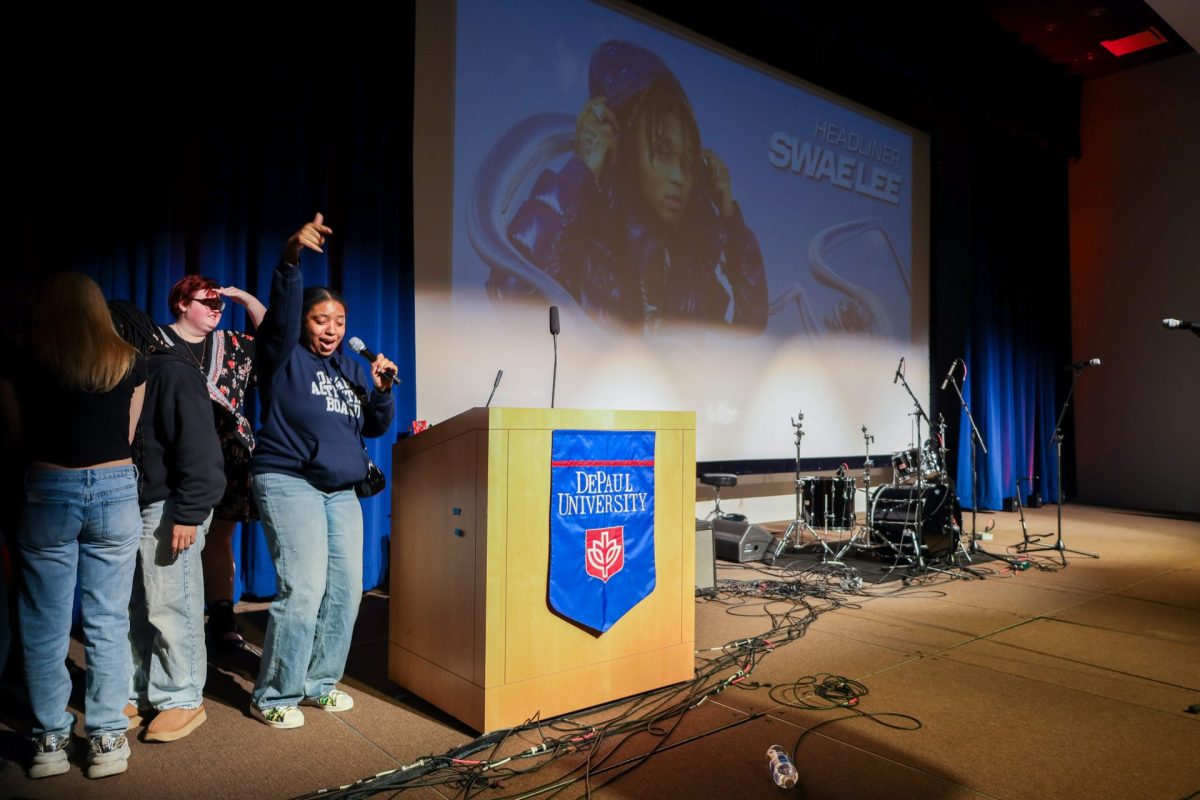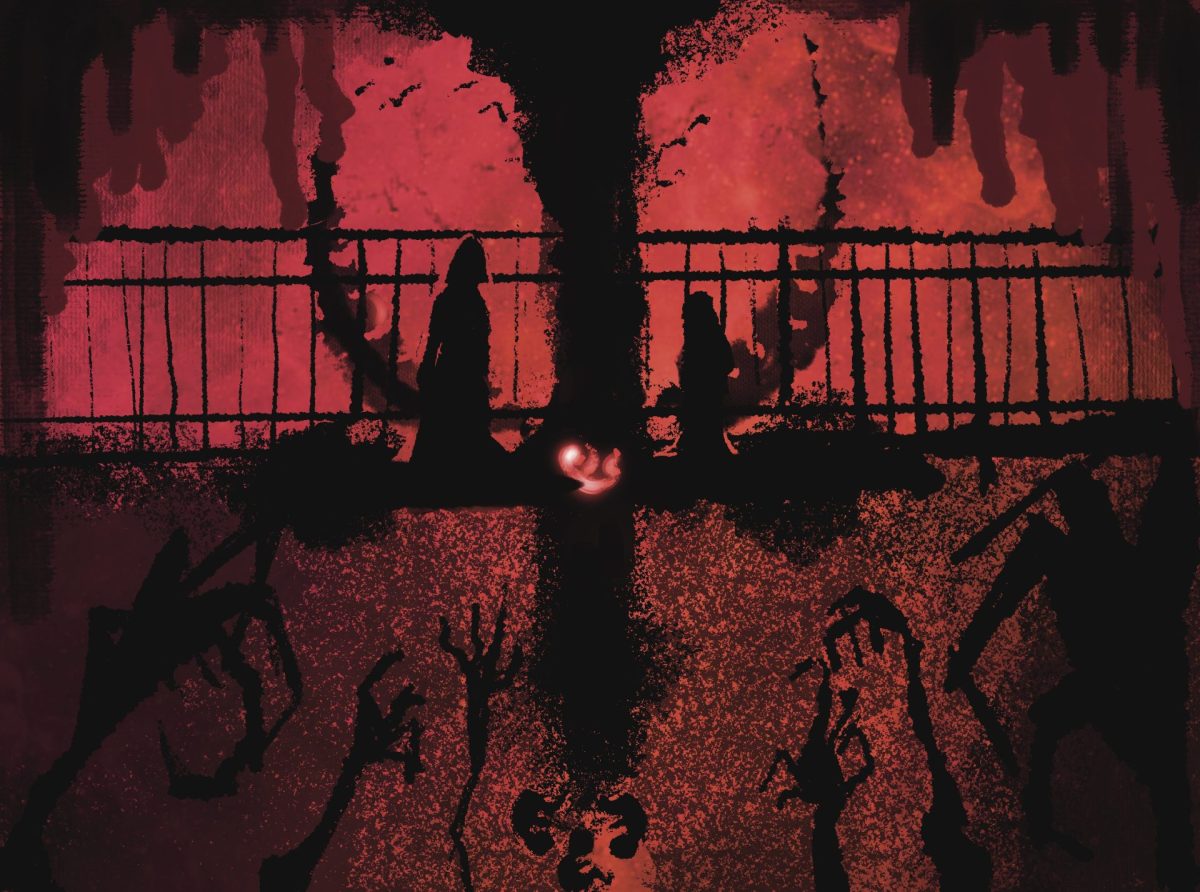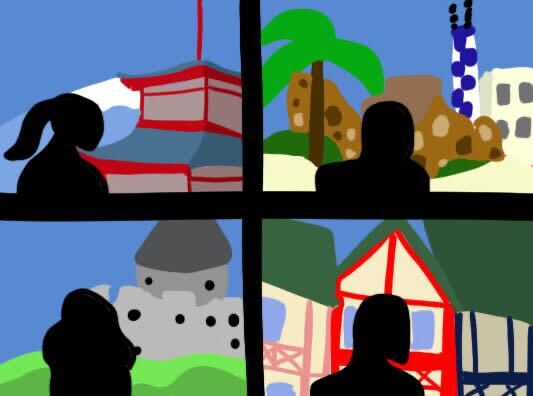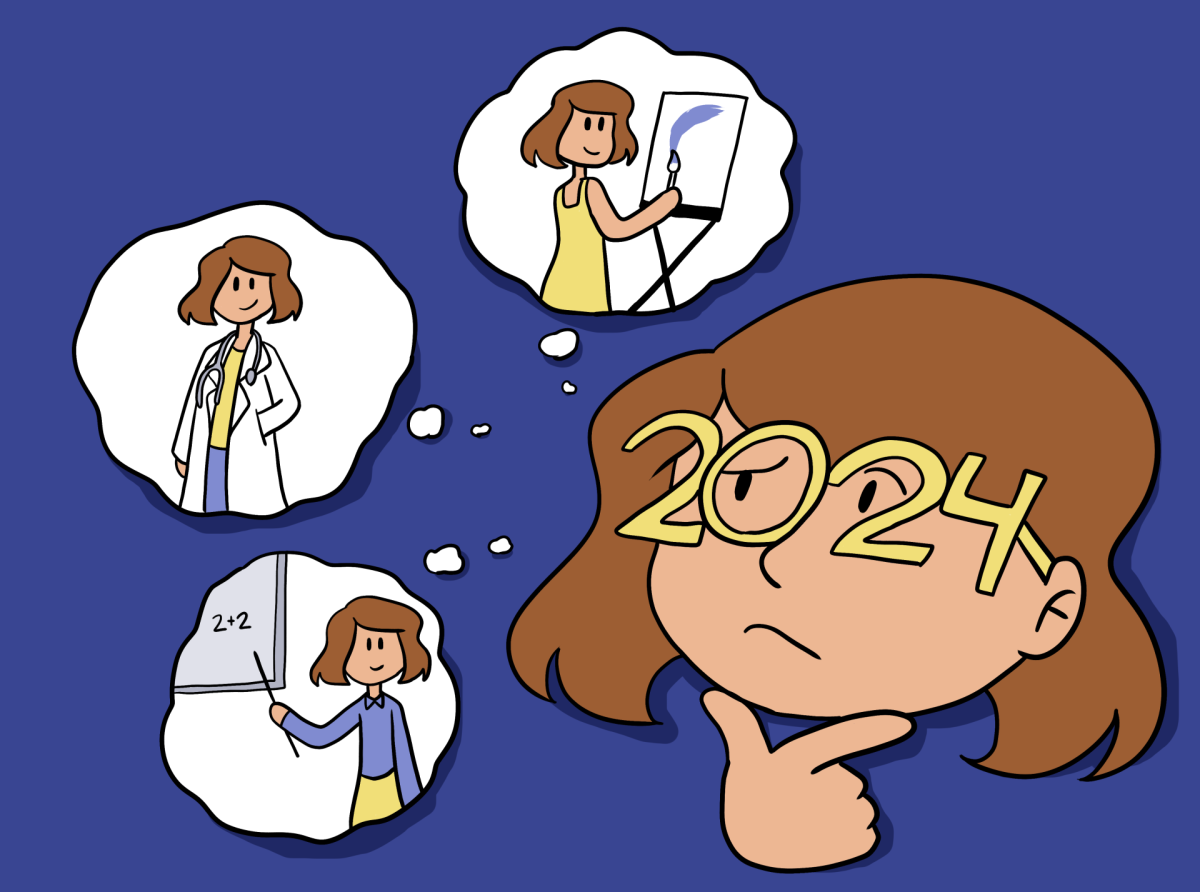
By this point, most millennials know about Tinder. Its popularity has now permeated our culture, updating online dating for our generation in a neat little package, complete with slick animations, tons of buttons to press and a myriad of pictures to swipe left and right. At its heart, Tinder is a game with many of the qualities of other popular mobile games like Flappy Bird and Candy Crush.
“I definitely felt myself improving in my ‘game’ over time,” Megan Pietz, a student of the education and English programs at DePaul, said. “I could have an efficient conversation to get a phone number that would lead to a date.”
Still, there’s an issue with justifying the act of looking at events with real-world consequences — like Tinder — through the lens of video games.
“Games can provide a provocative metaphor to shed light onto life experiences,” Brian Schrank, a computer game development professor, said. Film and art also provide similar insight into the real world.
“I think looking at activities and events through the lens of games is beneficial because it strips them down to the mechanics of how people behave and interact with each other,” Zac Gross, a game development major, said. “We can easily make specific comparisons to how activities work in parallel circumstances. Elections are easy to study if you reframe them as games where people have goals and make rational choices.”
Looking at Tinder through this perspective, it’s easy to see just how close it is to a typical videogame. In Tinder, there is a certain progression to one’s abilities, as Pietz said.
In another spectrum, Tinder has rules, which are both explicit in the constraints of the app itself and implicit in the unspoken guidelines upheld by those participating. For example, typically in a male-female match, the male is usually expected to be the first to make contact with the female. Adhering to these rules will hopefully bring about achieving Tinder’s primary goal and acquiring its extrinsic reward: a relationship, a hookup or perhaps a friendship.
Tinder is an addictive experience, just like Flappy Bird and Candy Crush.
“I think the most relevant comparison is that they can be broken up into those short ‘turns,’” Gross said. “In Tinder that would be one more swipe. In Flappy Bird or Candy Crush, that would be one more play-through. In Tinder, the next match and a romantic future could be behind one more swipe. In Flappy Bird, a new high score could lie behind one more game. And it’s so easy to do just one more.”
However, there is a problem when we try to compare it to these games.
“For me these two sets of experiences may ostensibly seem similar but remain far more different in their motivations and expectations in play,” Schrank said. “Tinder extends the promise of extrinsic value in casual sex (for example), for the time users invest into its system. Games, such as Flappy Bird or Candy Crush, mostly offer intrinsic value in which the reward of time put into their systems is in the experience itself.”
Tinder is a projection of images. It is dating and relationships stripped down into their base forms. Similarly, many video games seek to portray real life experiences by abstracting them within the constraints of the mechanics, story and art.
Changing this image is relatively easy, either by curation of the pictures in a profile or by wording in a 400-character bio, Tinder has potential for role-play. This can be seen at its extreme in the fake Tinder accounts dedicated to fantastical characters and pop culture icons.
For Pietz, this potential wasn’t taken to such a high degree, but it was still there.
“When I made my profile, I used images that I felt best represented me and thought that people could interpret to see the best me,” she said. “Tinder gave me control.”





![DePaul sophomore Greta Atilano helps a young Pretty Cool Ice Cream customer pick out an ice cream flavor on Friday, April 19, 2024. Its the perfect job for a college student,” Atilano said. “I started working here my freshman year. I always try to work for small businesses [and] putting back into the community. Of course, interacting with kids is a lot of fun too.](https://depauliaonline.com/wp-content/uploads/2024/04/ONLINE_1-IceCream-1200x800.jpg)







